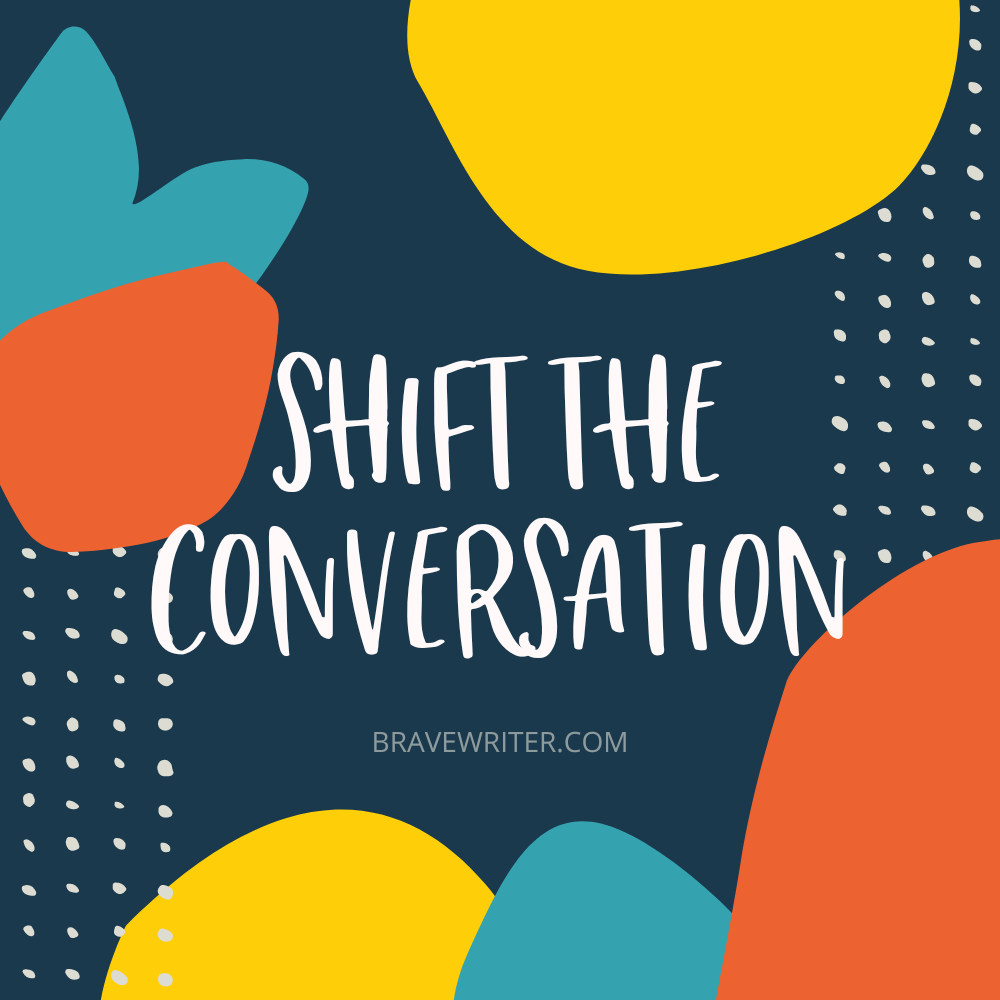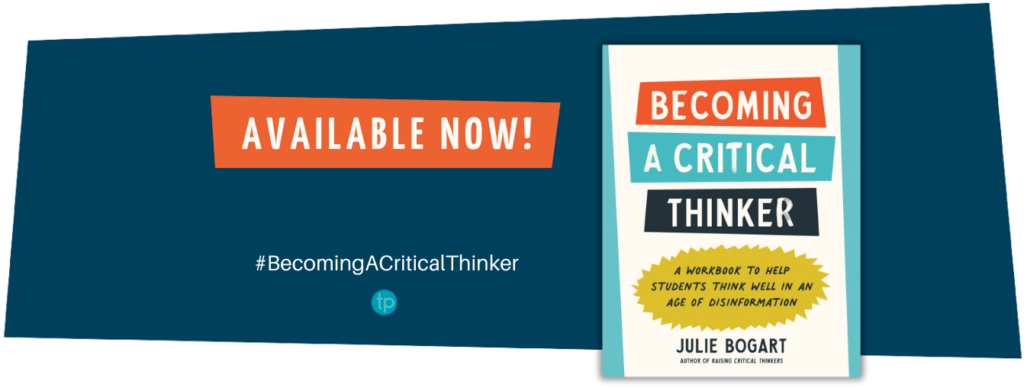Shift the Conversation

The Washington Post once put out a controversial article about homeschooling. It showed that the number of homeschooling families has exploded since the Covid pandemic for all kinds of reasons. John Oliver did an entire episode on homeschooling and highlighted what he sees as some of its dangers as well as benefits.
Whenever home education is the topic of national conversation, the smaller percentage of homeschooling families (compared to traditional education) feel under scrutiny (the exact place none of us wants to be!). Our defensiveness rises.
What I have noticed is that we get further in these conversations when we validate the concerns offered and, rather than pitting personal experience against personal experience, we give:
- data,
- educational theory,
- and principles to discuss.
Yes, some homeschooled adults resent how they were raised. There are others who champion their educations. Both are also true of public and private education—it works for some and it fails others.
Where to Start
What we want to do is shift the conversation to showcasing the theory of education that leads to learning, which is what home ed offers the entire world of educational research. We have people like Peter Grey and John Holt to thank for corroborating our experiences with quality research. Also, Renate and Geoffrey Caine’s work in brain-based ed is best realized in a home environment.
Start there. Show substance, take concerns seriously, and look at your own homeschool to ensure you are addressing the critiques in your own family.
This post was originally shared on Instagram.
Watch the accompanying reel for more.


















